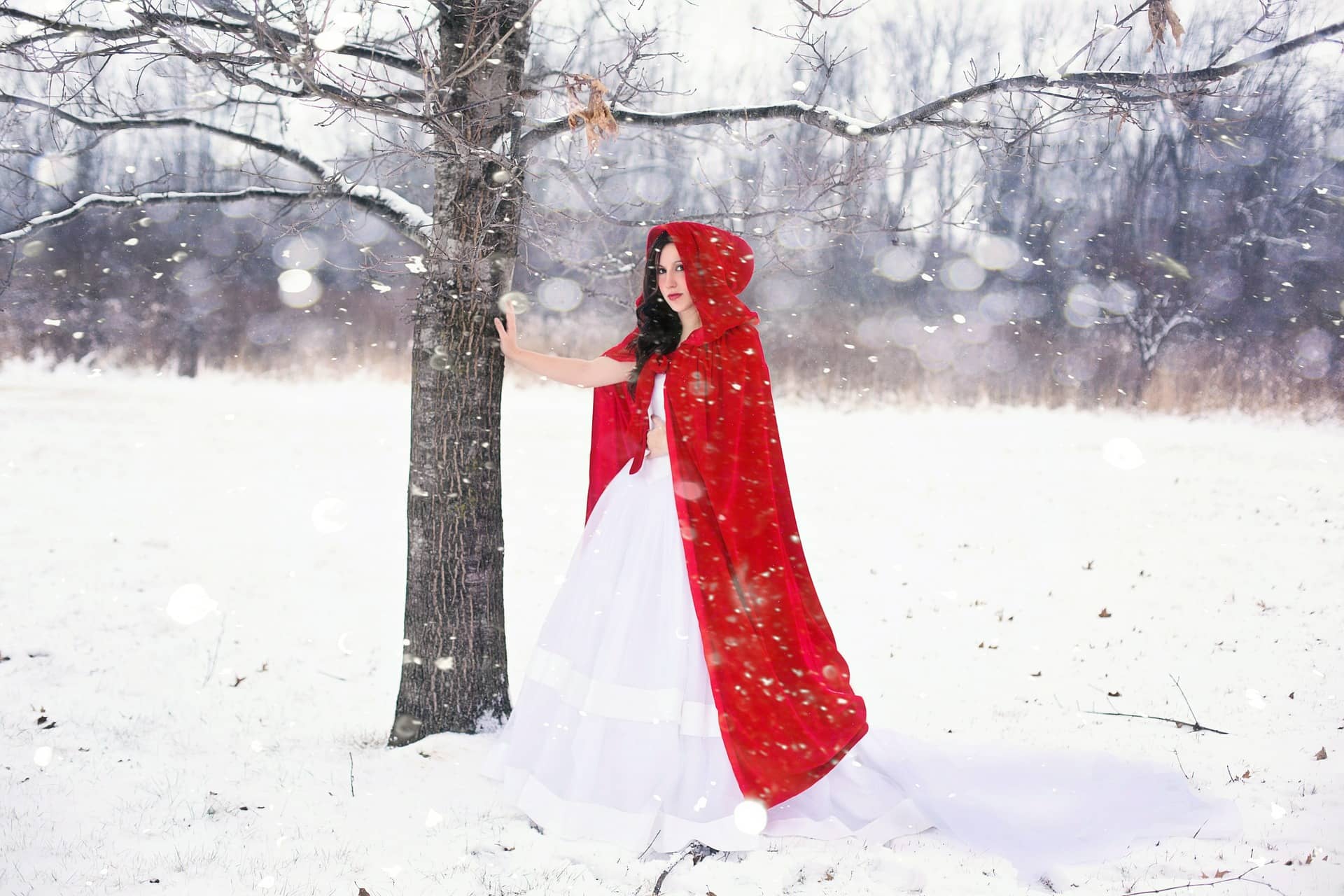Edited by John Wilson
Harper SanFrancisco, 342 pp.
Publishers who title good books like this one "The Best ..." beguile people like me into playing an unavoidable game: Define "best," a reviewer wants to say. What makes something "best," and who is determining what "best" is?
Clearly, the current volume's "best" is limited to North Americans. But why? North America is only the fourth or fifth most Christian-populated continent. Most writers here are white, working in a largely non-white Christian world. With few exceptions, they reflect what I call "the right of the left and the left of the right, which is not the center." This means that they tend to be moderate (meaning non-angry) evangelicals and moderate (meaning non-complacent) mainline Protestants, Catholics, and Orthodox. And indeed, that's what we get here.
Calling these writings the "best Christian" works, whether of the year or the century, invites us, too, to measure them in the grand succession of writers named Dante and Milton, Pascal and Kierkegaard and Dostoyevsky. A more recent ancestry includes T.S. Eliot and W.H. Auden, C.S. Lewis and Flannery O'Connor, Evelyn Waugh and Graham Greene. Their contemporaries include Aleksandr Solzhenitsyn and John Updike. The editor of this book, John Wilson, who also capably edits the magazine Books & Culture, has corralled writers who, if they have any perspective, would blush or chuckle if someone offered to rank them with such company. These are called the best in the spirit of a Canadian author who says "I am world-famous in Canada."
That said, this volume offers a representative selection of writings from those who fit the parameters. The choices begin with three from the mainline. Robert N. Bellah, sober-sidedly, and Harvey Cox, ironically, offer critiques of the Protestant and secular acquiescence to today's individualist and market-obsessed culture. Jean Bethke Elshtain offers morale-building criticism and counsel for today by revisiting Abraham Lincoln's comment on the United States as "the Last Best Hope."
In the Catholic camp, heavyweight philosopher Alasdair MacIntyre's "The Recovery of Moral Agency" is the most demanding essay--though I missed Christian reference in it. Richard John Neuhaus shatters the idea of moral progress, fighting off the barbarians around us today. Robert Royal revisits a Catholic theme with a gutsy, politically incorrect effort to rehabilitate Christopher Columbus. Royal sets the madly ambiguous adventurer into a helpful context his critics disdained to provide during the Columbus anniversary in 1992.
The Armenian Orthodox Vigen Guroian is here with a little gem about nature, specifically about gardens in Christian vision. Frederica Mathewes-Green, an evangelical-turned-Orthodox, offers a brief but provocative vignette, reprinted on this website.
Yale philosopher Nicholas Wolterstorff's essay is a thoughtful response to Tertullian's ancient question, "What does Jerusalem have to do with Athens?" Meaning: how do faith and reason, Christ and culture, interface? His article, last in the book, merits reading first, since it relates to an issue that colors so many of the others.
Many of the evangelical essays are autobiographical recallings of fundamentalist childhoods, mainly by authors who spend their lives working their way out of remembered repressions. Happily, most of them have the grace not to Oedipally trash everything their parents and pastors stood for. Those of us who are neither converts to Christianity from elsewhere or nowhere, nor de-converts from hard-line versions of the faith, may have some difficulty empathizing with their agonizing. But along the way, they do drop clues for believers and half-believers who deal every day with their own mid-sized doubts and disappointments as they seek and celebrate graces.
Philip Yancey, who introduces the book, is one of the few who here reflects on the act of writing as a Christian, or writing Christian things. In future books in this series (no doubt--grump! grump!--also to be named "The Best Christian Writing"), we could use more of this kind of discussion. Wilson will serve us well to salt future annuals with more experimental genres. (Also, aren't poetry and drama and scripts "writing"?)
These tempered essays hardly satisfy as samples of the prophetic rages that have quickened the Christian community and helped some of its members change the world. Or of the ecstasies that now and then have been captured by those who celebrate the faith. But they do make up a valuable sampler for Christians and non-Christians, writers and non-writers, the best and non-best.

